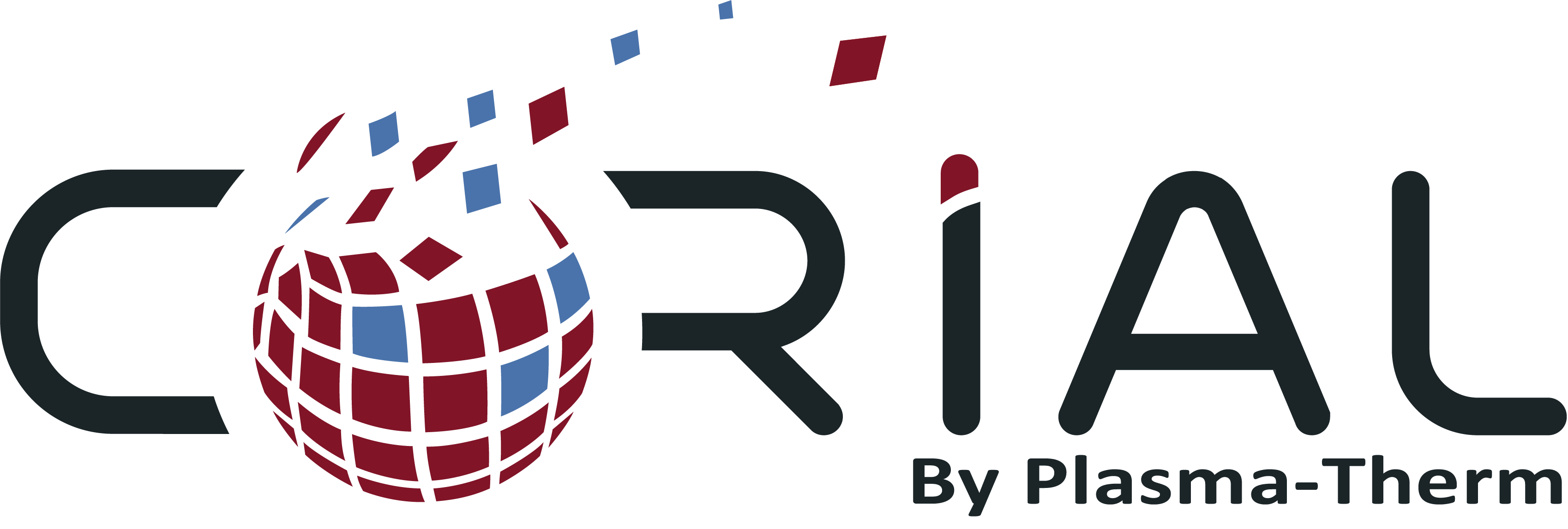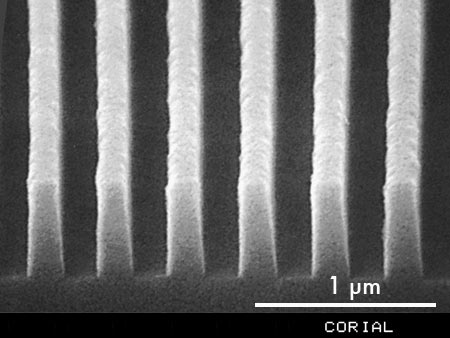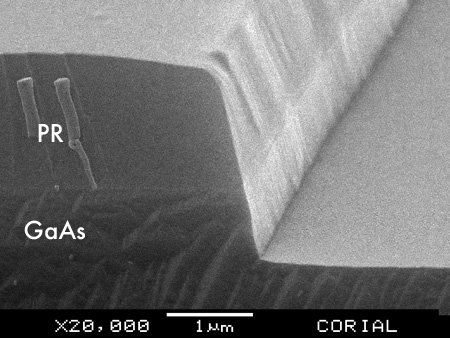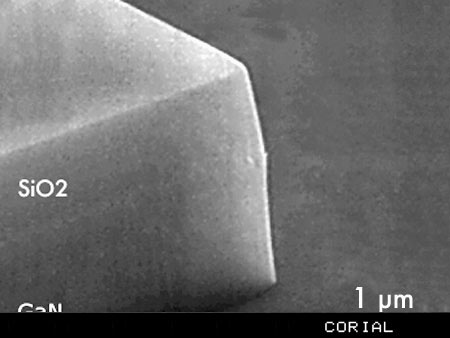

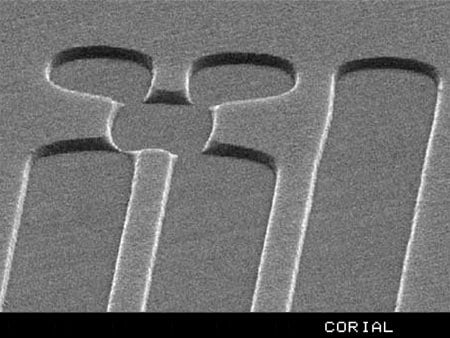
Cost-effective mask repair technology and optoelectronics device manufacturing using the Corial 360RL system
Corial 360RL RIE etch system in brief
With chrome and quartz etch capabilities, the Corial 360RL RIE system is ideally suited for mask repair. This product can process mask sizes from 2” x 2” up to 8” x 8”, thanks to a wide array of substrate holders.
The 360RL design includes a large cathode that facilitates substrate loading, and enables high chromium etch rates together with high selectivity to the PR. The substrate holders are simply clamped on the cathode without the need for any screws or fasteners.
Equipped with a load lock, the Corial 360RL is capable of etching III-V compounds such as GaAs, GaP, GaN, and AlGaN, using chlorinated gases. The tool accommodates batch sizes of 7 X 4” or 3 X 6” wafers.
The Corial 360RL system can be upgraded with the next generation RIE process chamber, designed for etching and/or thin film sputtering, with any type of substrate up to 300 mm diameter.
 Key benefits
Key benefits
R
PROCESS FLEXIBILITY
The RF match box operating range (from 100 W to 2000 W) supports a wide range of customer applications
The vacuum load lock enables using a combination of fluorinated and chlorinated chemistries in the same tool
R
HIGH ETCH RATE CAPABILITY
Large area cathode facilitates substrate loading and results in high etch rates of III-V compounds and chrome
Fast RIE rates: Cr (50 nm/min), SiO2 (50 nm/min), and Si3N4 (60 nm/min)
Fast RIE sputter-etch rate of metals: (50 nm/min)
R
LOW COST OF OWNERSHIP
Cost-effective mask repair technology
Pumping system optimized for corrosive environment decreases maintenance requirement
R
BEST REPEATABILITY
Optimized helium backside cooling results in excellent process and wafer temperature control, and greater flexibility to process a wide range of materials
Vacuum load lock for stable and repeatable process conditions
Related processes
Typical materials that can be processed with the Corial 360RL RIE system include:
- Chrome and quartz for photomask repair
- Silicon and silicon-based compounds (SiO2, SiNx, Si)
- Polymers: Polyimide, BCB, Photoresist
- Metals: Au, Pt, Fe, Cu, PZT, Ti, TiN, TiW, W, Ta, TaN, Ge, Nb, NbN, Mo
Chrome (Cr) etch with RIE etch
Photomask
- Selectivity vs. quartz > 20:1
- Etch rate 50 nm/min
- Uniformity < ± 3%
Silicon Dioxide (SiO2) RIE etch
MEMS
- Etch depth 800 nm
- Etch profile 88°
- Etch rate 50 nm/min
Highly selective GaAs etch
Optoelectronics
- Selectivity vs. PR mask > 6:1
- Etch depth 1 µm
- Etch rate 300 nm/min
Upgrades
The Corial 300S RIE etch system can be thoroughly customized with a wide range of features.
Additional gas inputs
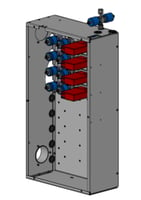
Additional gas inputs (up to 8) for more complex process gas combinations
Chamber for sputter-etch
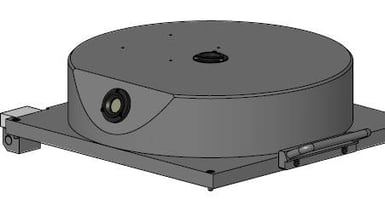
The RIE process chamber is designed for etching and/or sputtering of thin films on any kind of substrate, up to 300 mm diameter. The reactor is equipped with a retractable liner to collect etch by-products and/or sputtered materials, to increase time between cleans.
Wide temp range cathode
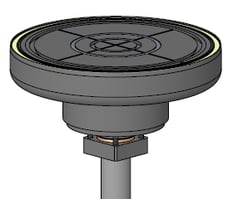
Cathode supports low temperature capability down to -30°C
Variety of power supplies
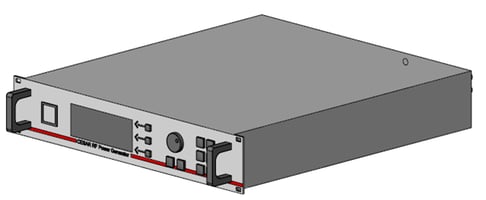
Higher output power supplies with automatic matching network
Variety of pumps
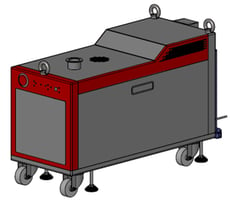
Dry Vacuum pump and TMP pump with varied pumping rate for increased control over the process chamber pressure
Laser interferometry
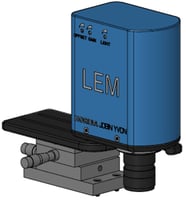
End point detection by laser interferometry to enhance process control through automated measurement of etch/deposition rate, etch depth and deposition thickness
